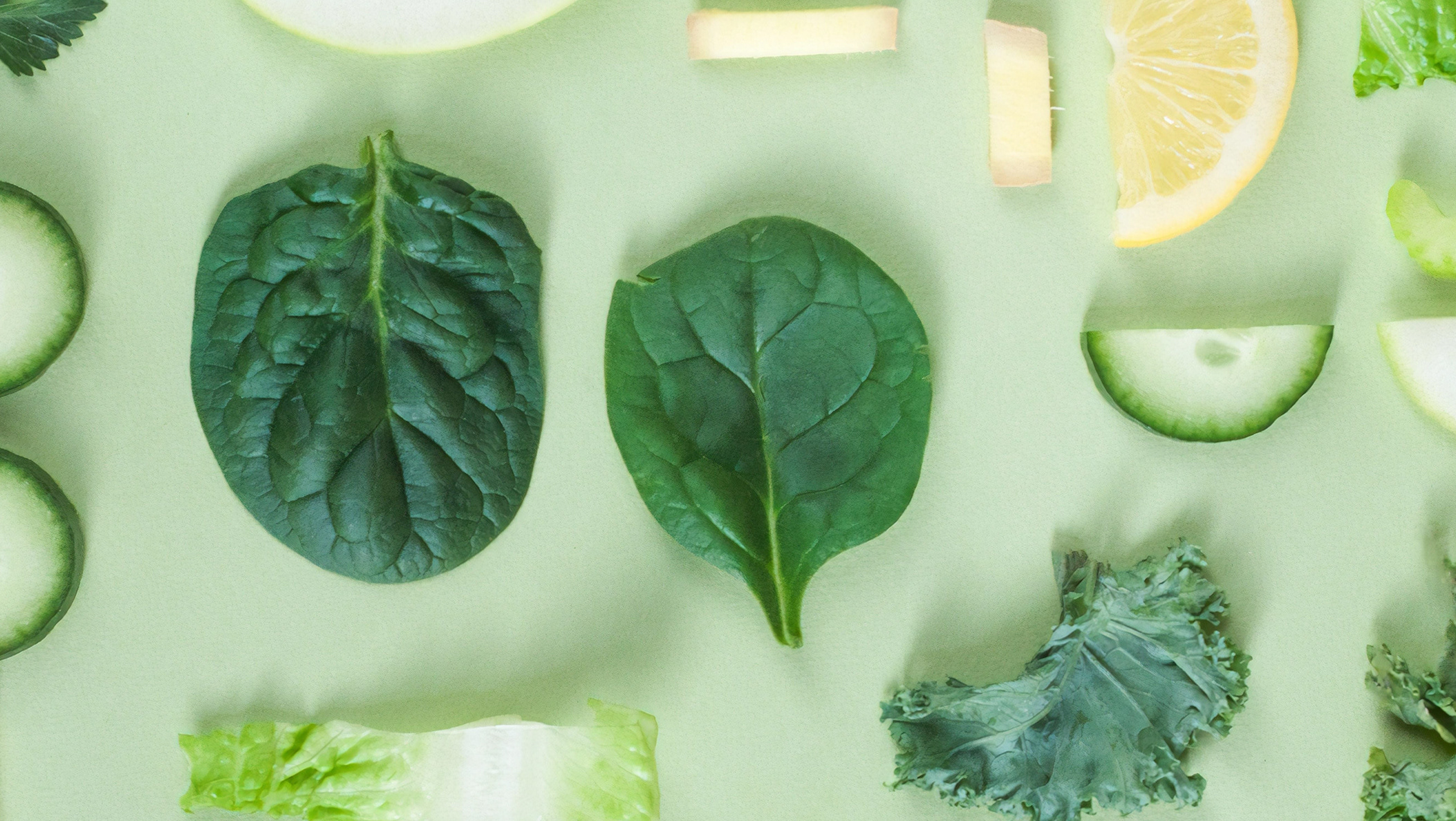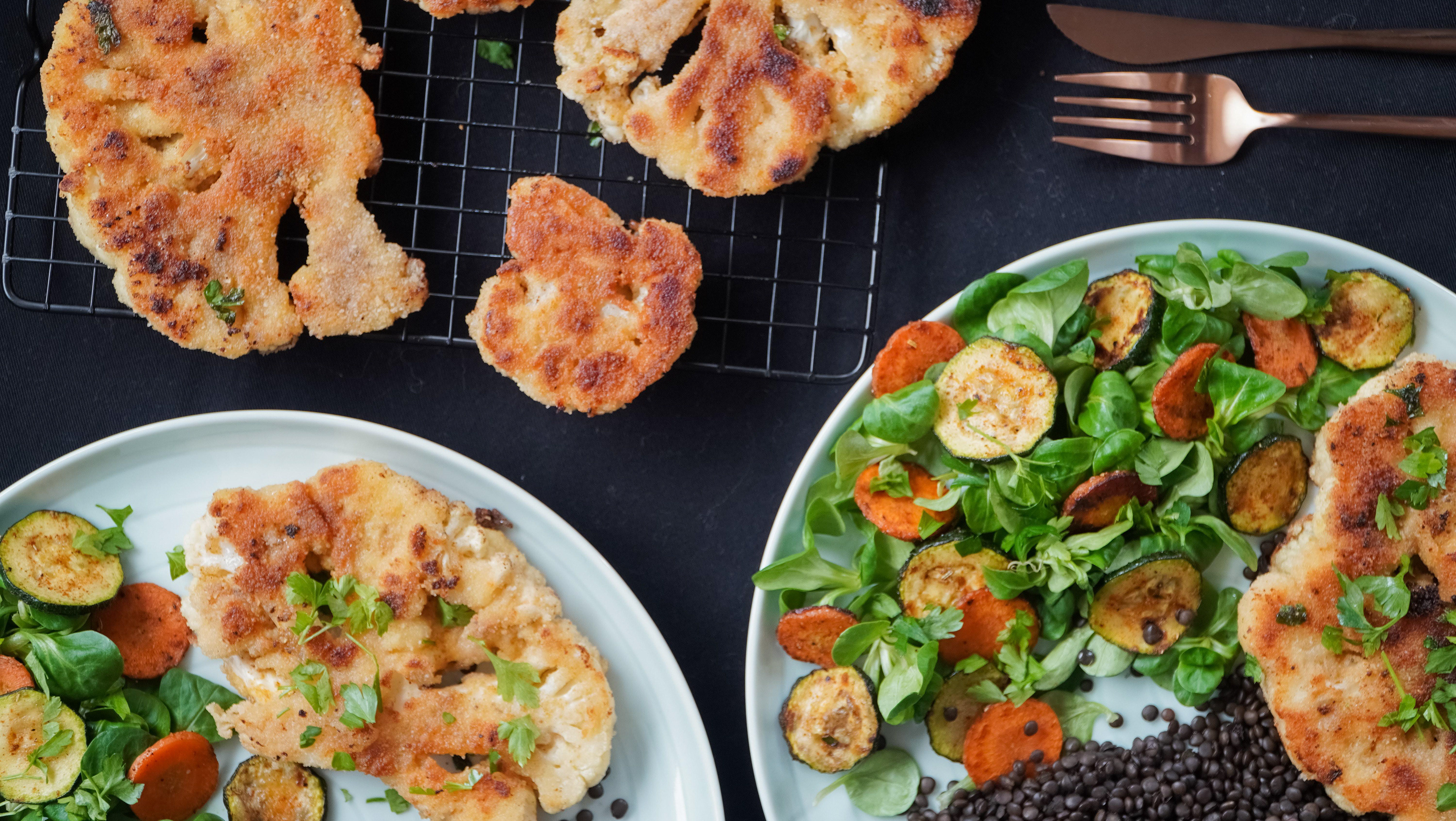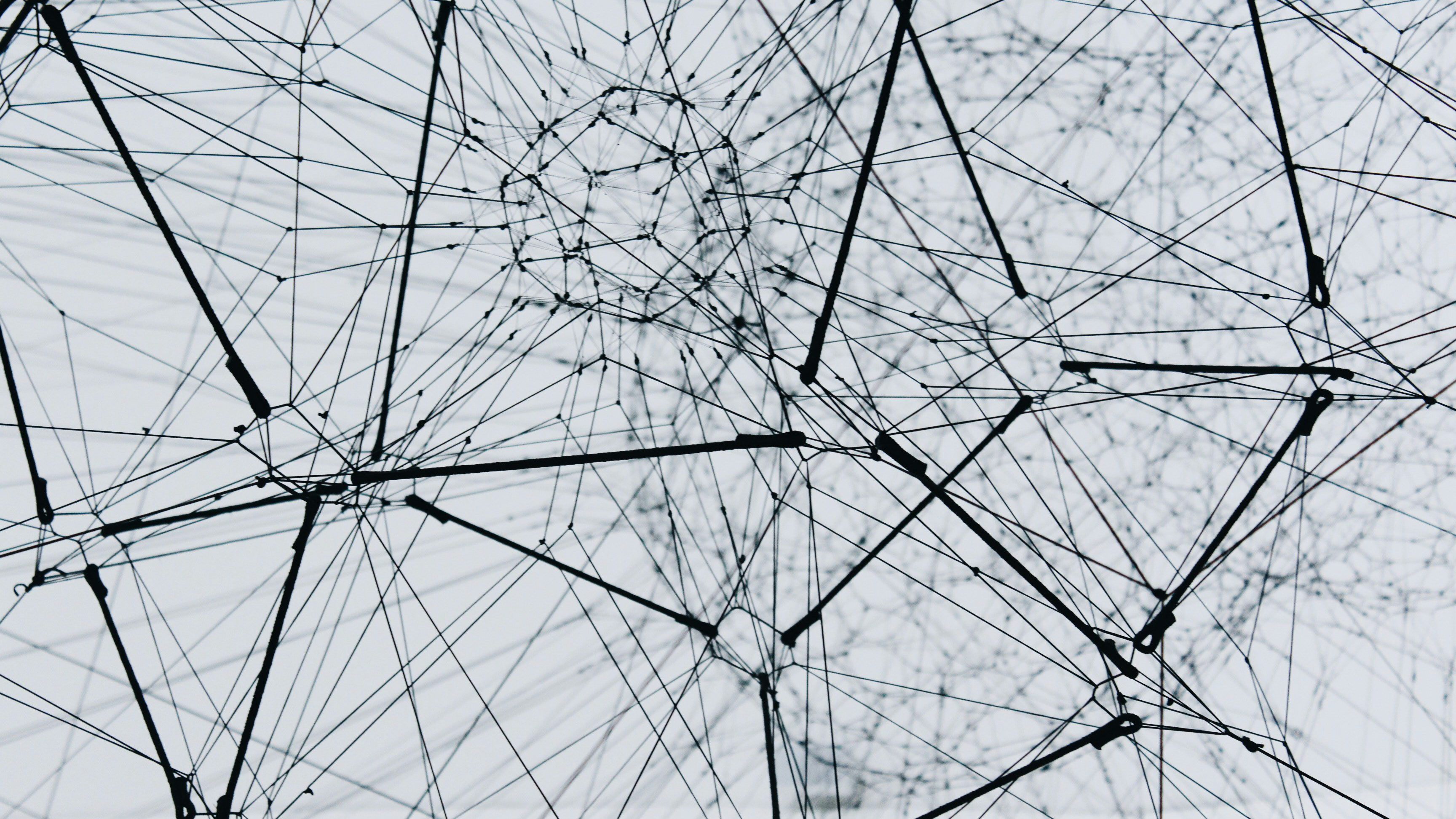My challenge was: vegan for 2 weeks
Overall, I have had a positive experience. I am, however, looking forward to resuming an omnivorous diet, but not without permanent changes.
What was challenging was getting the motivation to cook and being intentional about it (can’t just cook on autopilot, I have to research a vegan recipe or read the ingredients on that can of broth). Peer pressure also made it difficult: while my husband was playing along at first, it did not last long and he started changing his breakfast habits out of nowhere…. And started eating milk and cookies. After the shock of discovering my husband is actually Santa, I decided not to have breakfast with him anymore so as to not be tempted to eat non-vegan food.
It was easy to stick to whole foods – I was worried about the extra packaging waste finding faux-animal byproducts would have engendered, but it turns out most of these can be handmade and/or bought in bulk (cashew cheese, textured vegetable protein, chickpeas etc.). Things that I could swap for vegan substitutes without an increase in packaging waste: butter, milk, cream cheese. The easiest part was actually enjoying the food. I was not especially worried that vegan food would be bland, but I got to try tasty tasty vegan food (shoutout to Galactic Pizza and Reverie) and might now choose the vegan option over what I would normally eat, simply because the dishes I tried were memorable.
While not an acquired automatic behavior, I am now equipped with some knowledge on how to substitute or forego animal byproducts without sacrificing taste or nutrition. It’s a habit to continue practicing; perhaps I can gradually phase out animal byproducts as I build new habits.
Drastic change is difficult. Some drastic changes are easy to implement when the positives outweigh the negatives and provide quick results: adopting a dog, going on a gluten-free diet to help relieve gut issues, quitting a job we hate, cleaning the house. But other changes, which take longer to show results (if at all) are more difficult to push through – they don’t activate the reward system in our brain because our expectations of immediate results weren’t met, which makes us less biologically enthusiastic about the change, and thus, statistically less likely to change our habits.
That is where I would place veganism. I did not see any visible health results from going vegan (selfishly), and if anything, it gave me heartburn. So my immediate rewards for going vegan were dreaming of butter and a daily dose of Tums. In order to successfully build this habit of reducing my intake of animal byproducts, I should focus on the visible to continue convincing myself that being vegan is the right thing to do. The caveat to building that habit is that it needs to also benefit me (health-wise, financially), be cheap and accessible.
My problem is that I’m comfortable in the middle, and so are a lot of people. But we are going to need to get out of our comfort zone more and more if we want the shift to happen. It was easy giving up on buying a powerful and loud car (because I’ve never owned a fancy car) but it was impossible giving up on buying a car at all. We bought a car for its fuel efficiency and availability in a manual transmission, but it was new (no previous year model or second-hand available), and is gasoline powered. Convenience (or laziness?), peer-pressure, selfishness (“I like the taste of it and food brings me joy, who cares if it’s generating a ton of Co2?!”), there are many layered factors of influence when building ethically sound habits. We were born in a society where we aren’t taught by default to respect nature, or to pursue our creative endeavors. Deep societal changes need to happen to build a future sustainable way of life, however I do trust that the generation currently raising children has these concerns in mind.
My problem is that I’m comfortable in the middle, and so are a lot of people. But we are going to need to get out of our comfort zone more and more if we want the shift to happen. It was easy giving up on buying a powerful and loud car (because I’ve never owned a fancy car) but it was impossible giving up on buying a car at all. We bought a car for its fuel efficiency and availability in a manual transmission, but it was new (no previous year model or second-hand available), and is gasoline powered. Convenience (or laziness?), peer-pressure, selfishness (“I like the taste of it and food brings me joy, who cares if it’s generating a ton of Co2?!”), there are many layered factors of influence when building ethically sound habits. We were born in a society where we aren’t taught by default to respect nature, or to pursue our creative endeavors. Deep societal changes need to happen to build a future sustainable way of life, however I do trust that the generation currently raising children has these concerns in mind.
credit: unsplash












